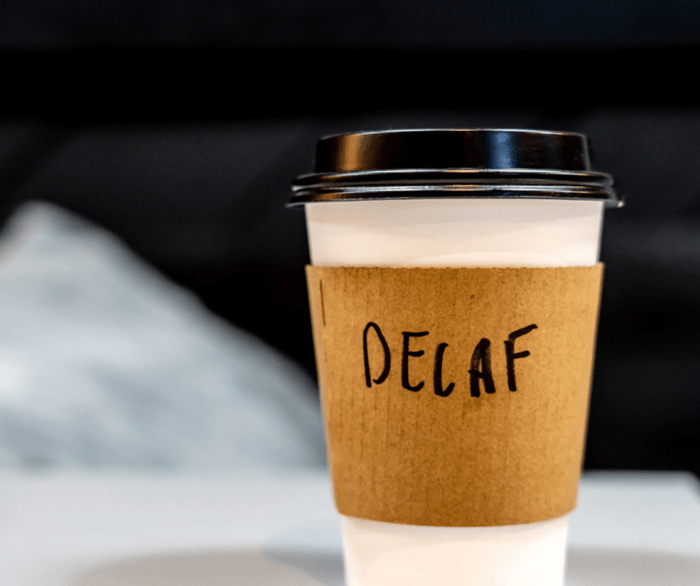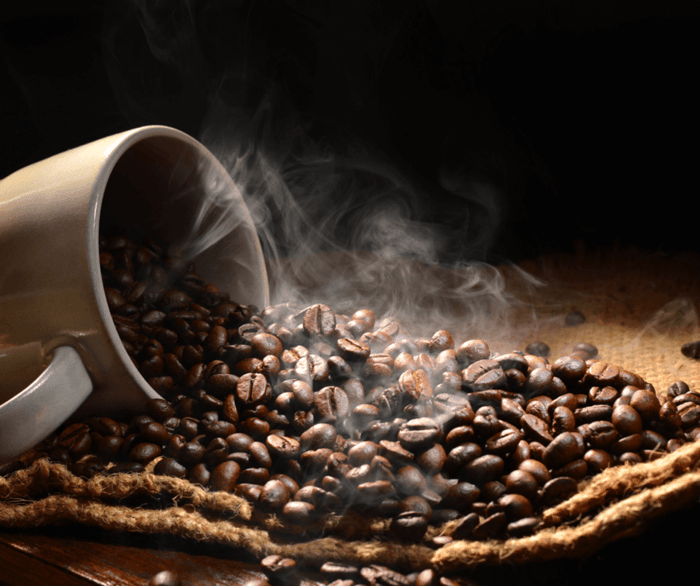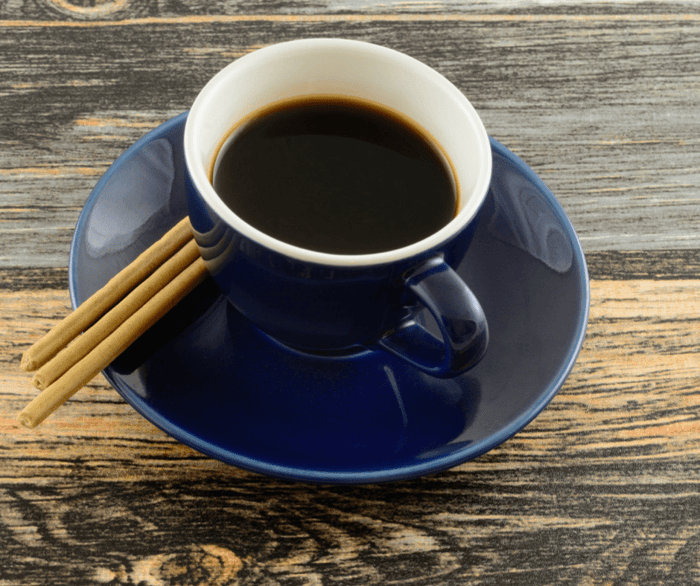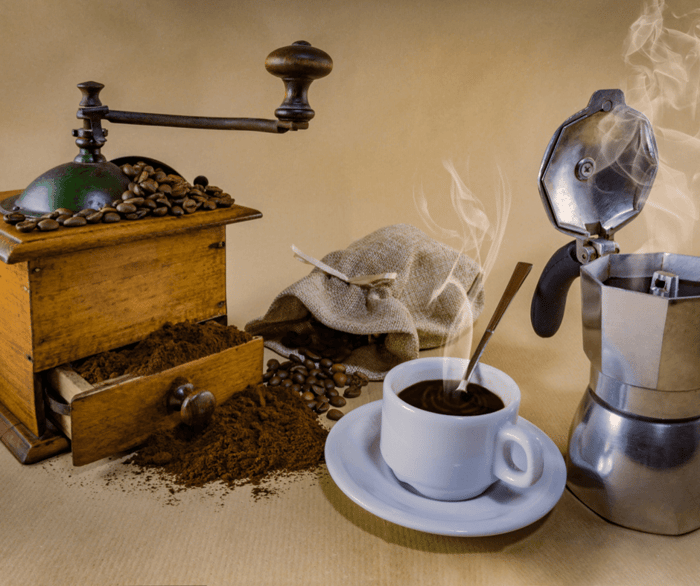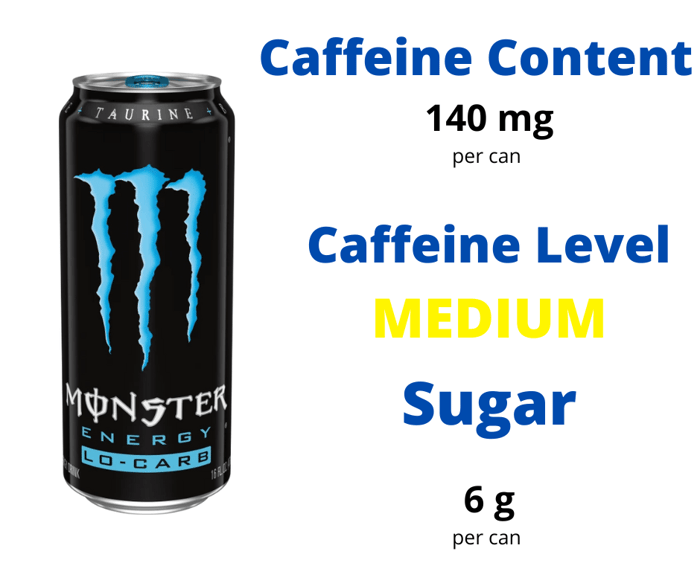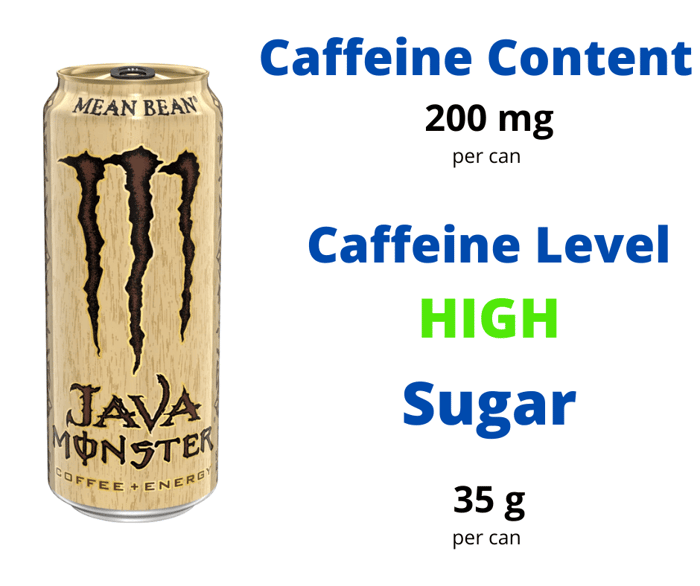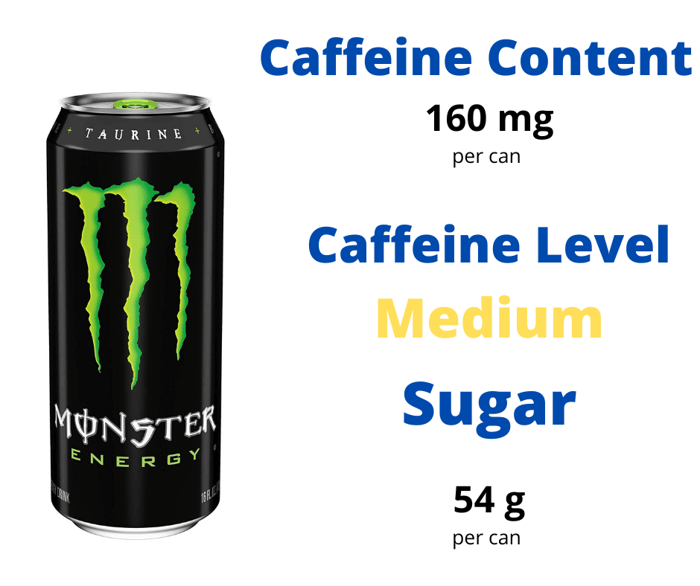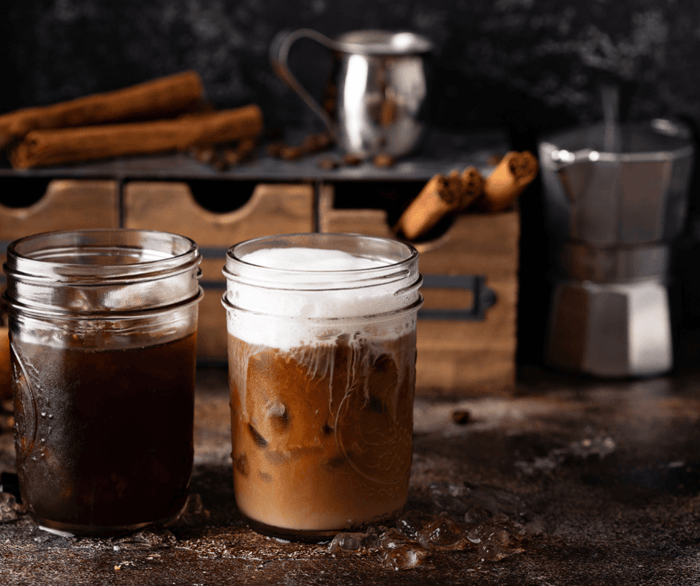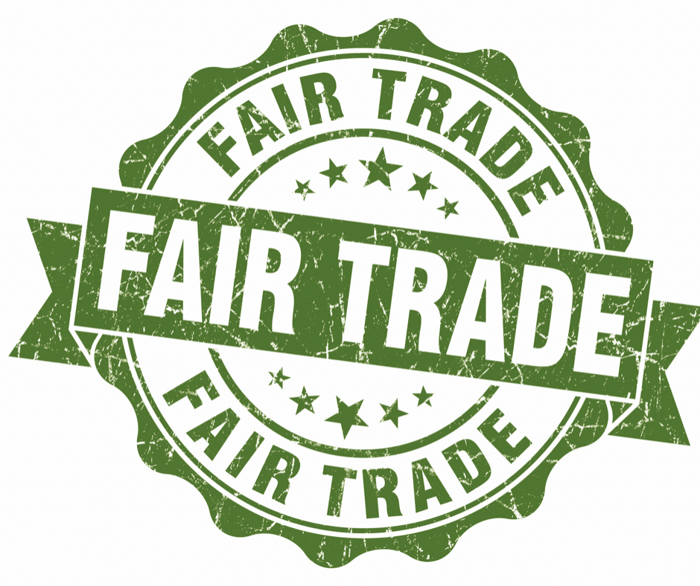Many people mistakenly believe that decaf coffee (Read: How Coffee is decaffeinated) contains no caffeine at all. However, this isn’t technically the case. Decaffeinated coffee actually contains a very small amount of caffeine.
Whether it's enough to matter to you depends on your individual caffeine sensitivity, and why you're drinking decaf in the first place.
"Is decaf coffee really caffeine-free?"
The answer to this question is pretty simple. Decaf coffee does contain some caffeine, but the amount of caffeine is much lower than regular (i.e. non-decaf) coffee.
The decaffeination process removes most of the caffeine from the coffee beans, but some caffeine will always remain. The exact amount of caffeine in a cup of decaf coffee depends on a number of factors, including the type of beans used, the method of decaffeination, and the brewing method.
In general, though, decaf coffee contains about 97% less caffeine than non-decaffeinated coffee. (See how caffeine content guide to find out how much caffeine is actually in your drink)
So, just as an example, if we say that a cup of coffee contains 100 mg of caffeine*, then a cup of decaf coffee would contain somewhere around 3 mg of caffeine.
*This isn't far off from the USDA figure, which says an average cup of non-decaf coffee contains 95mg of caffeine. However, the actual amount of caffeine in a cup of coffee varies greatly depending on the coffee beans used, the brewing/extraction method used, etc.
"Does that mean decaf coffee isn't good for people who are trying to avoid caffeine?"
It depends on why you're trying to avoid caffeine. For most people, the small amount of caffeine in decaf coffee is not enough to cause any problems.
However, if you're trying to avoid caffeine for medical reasons, then you should probably avoid decaf coffee as well.
"What about people who are trying to cut down on their caffeine intake?"
If you're just trying to cut down on your caffeine intake, then decaf coffee can be a good option. (For most coffee lovers, it's certainly a much better option than giving up coffee entirely!)
The small amount of caffeine in decaf coffee is so small, that unless you're drinking an unusual amount of it, it's not likely going to put any meaningful amount of caffeine into your system. (And that means that you’ll probably be just fine drinking that cup of decaf coffee late at night.)
That said, if you're looking for a completely, 100% caffeine-free cup of coffee—decaf is not the way to go. In fact, the cup of coffee you’re looking for doesn’t exist.
However, if you're trying to cut back on your caffeine intake while still enjoying the world's favorite beverage, drinking decaf coffee can be a good option.
The Bottom Line
The bottom line is that decaf coffee does contain a small amount of caffeine, but the amount of caffeine is much lower than regular (i.e. non-decaf) coffee.
For most people, the small amount of caffeine in decaf coffee is not enough to cause any problems. However, if you're trying to avoid all caffeine intake for medical reasons, then you should probably still avoid decaf coffee as well.
If you're just trying to cut down on your caffeine intake, then decaf coffee can be a good option for you.
Want More Coffee Content?
- Daily Coffee Grind - Click Here
- Coffee Reviews - Click Here
- Coffee Brewing Guides - Click Here
- Coffee Brewer Reviews - Click Here
- All Things Tea - Click Here
- How Much Caffeine Is In It? - Click Here

